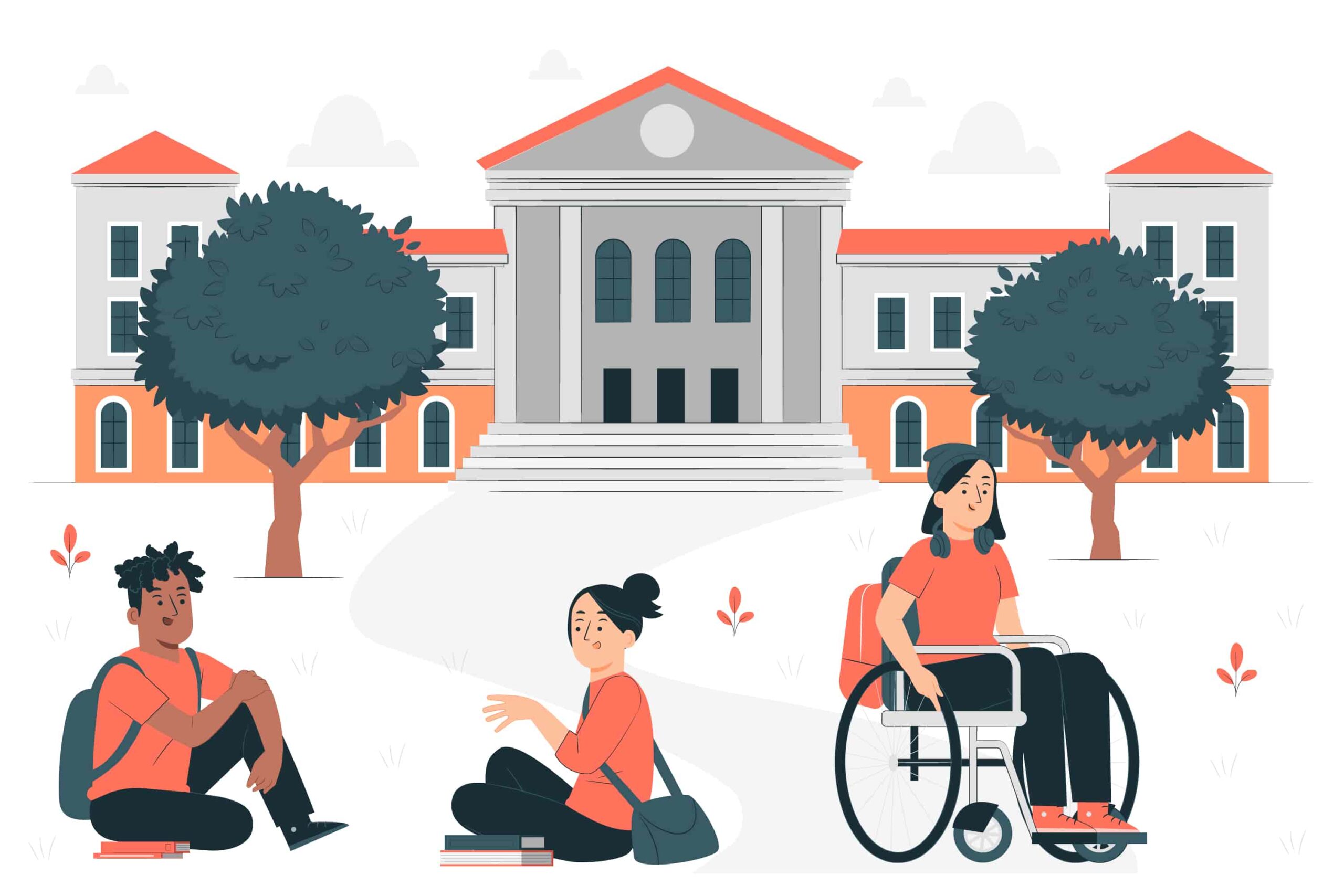Colby College majors and acceptance rate
Located in the Northwest region of the United States, Colby College is the 12th oldest liberal arts college in the United States. Distinctive in its offerings, Colby provides an intimate, undergraduate-focused learning environment with a breadth of programs presenting students and faculty with unparalleled opportunities. A vibrant and fully integrated academic, residential, and cocurricular experience is sustained by a diverse and supportive community. Located in Waterville, Maine, Colby is a global institution with students representing nearly every U.S. state and approximately 70 countries.
Is Colby College hard to get into?
The acceptance rate at Colby College is 10%. For every 100 applicants, 10 are admitted. This means the school is selective; hard to get into. The selection process for students is based on outstanding academic achievement, innovation, and curiosity.
Is Colby College a good school?
Colby College is a good school that provides intensive learning in a community committed to scholarship and discovery, multidisciplinary approaches to integrated learning, study in the liberal arts, and leading-edge programs addressing the world’s most complex challenges.
What is Colby College known for?
Colby College is known for Harold Alfond Athletics and Recreation Center; the most advanced and comprehensive NCAA D-III facility in the country and also known for Davis Institute for Artificial Intelligence, the first such institute at a liberal arts college.
Is Colby College a party school?
Yes, Colby College is a party school.
What major is Colby College known for?
- Econometrics and quantitative economics
- Political science and government
- International/global studies
- Psychology
- Environmental science
- Biology/biological sciences
- Environmental studies
- Computer science
- Mathematics
- Neuroscience
- Education
- Creative writing
- French language and literature
- Spanish language and literature
- Physics
- Fine/studio arts
- English language and literature
- Mathematics and statistics
- Chemistry
- History
- Philosophy
- Physiological psychology/psychobiology
- Anthropology
- Multi, /interdisciplinary studies
- Geology/earth science
- Sociology
- American/united states studies/civilization
- Ecology and evolutionary biology
- East asian studies
- Art history, criticism and conservation
- Latin american studies
- Ancient studies/civilization
- Religion/religious studies
- Drama and dramatics/theatre arts
- Natural resources conservation and research
- Women’s studies
- Science, technology and society
- Music
- Russian studies
- Computational biology
- German language and literature
- Classics and classical languages, literatures, and linguistics

